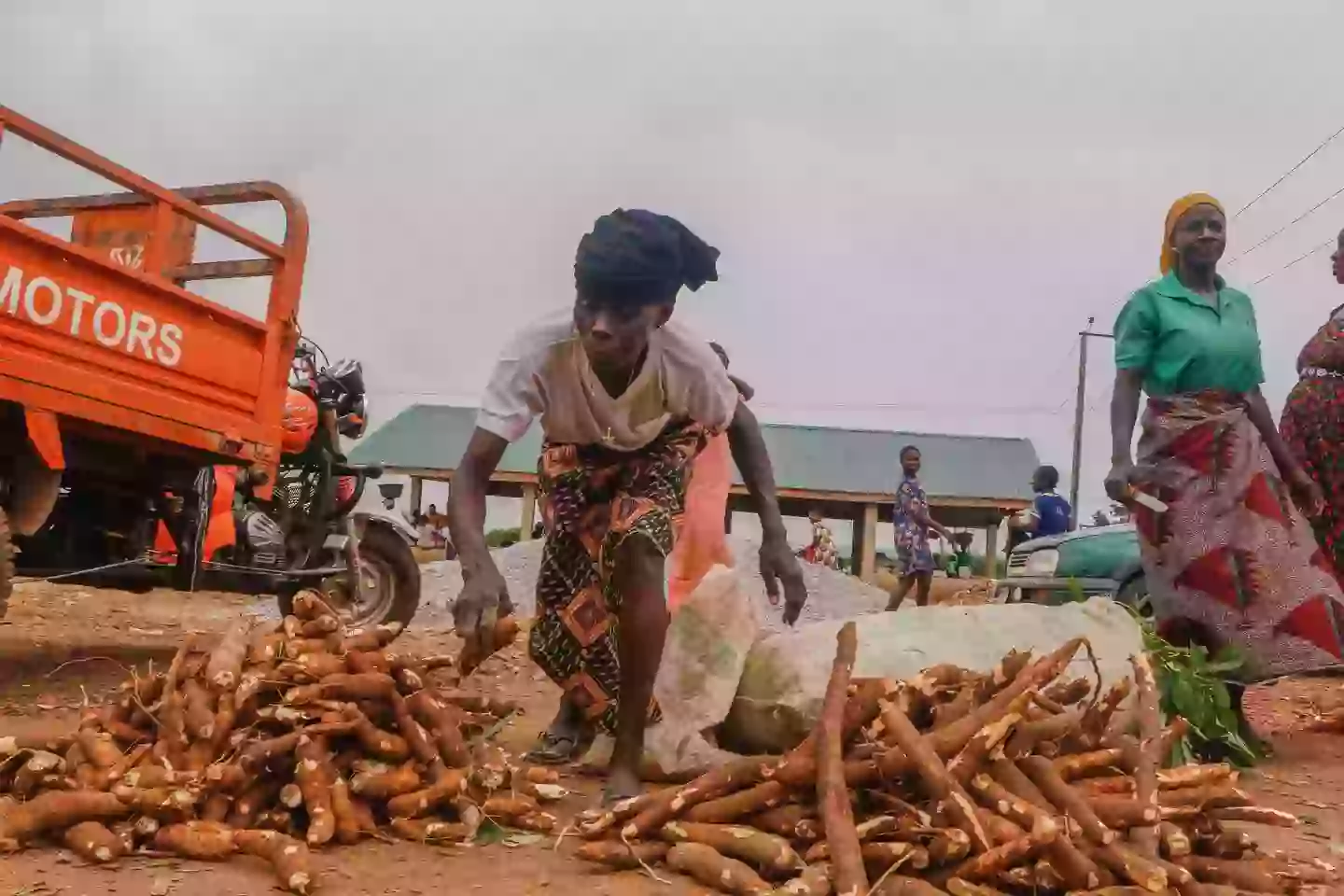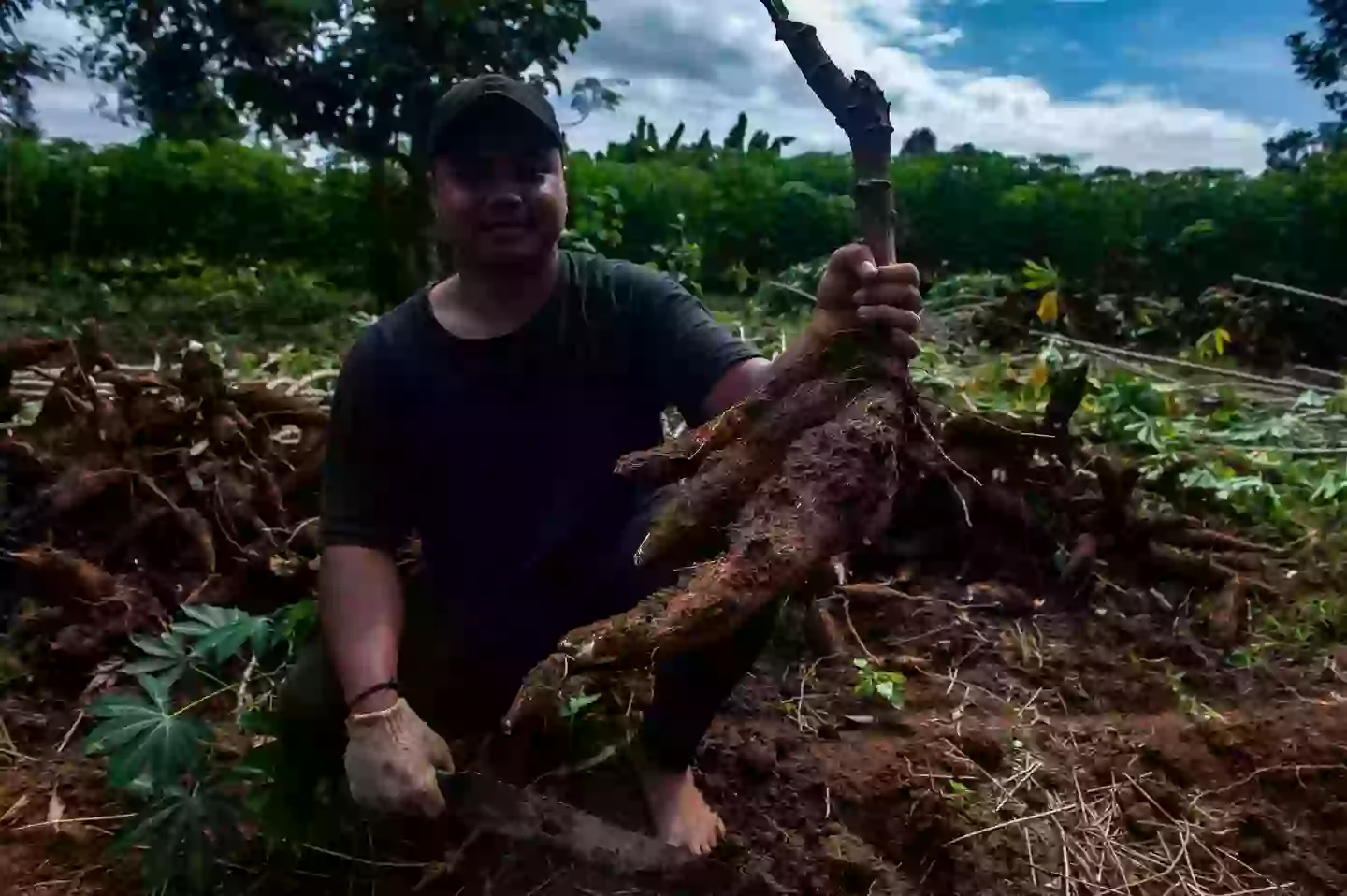Imagine eating something that could kill you if not cooked properly. That’s the reality for 500 million people who rely on cassava as a dietary staple. While this hardy root vegetable feeds populations across the tropics, it’s responsible for about 200 deaths each year from cyanide poisoning.

The cassava plant naturally produces cyanogenic compounds as a defense mechanism. When eaten raw or improperly processed, these convert to deadly hydrogen cyanide in the body. The World Health Organization links cassava to konzo, a paralyzing disease that appears during food shortages when people can’t properly prepare the crop.

Yet cassava remains crucial to global food security. The secret lies in traditional preparation methods developed over centuries. Soaking, drying, and thorough cooking break down the toxins, making the plant safe to eat. When processed correctly, cassava transforms from potential poison to valuable nutrition source – proving that knowledge is just as important as the food itself.


